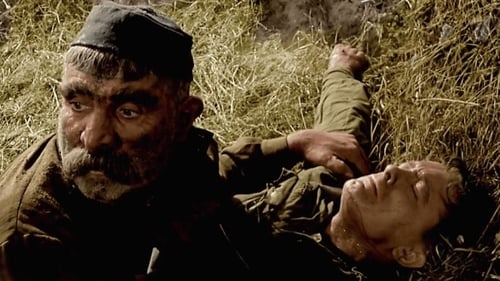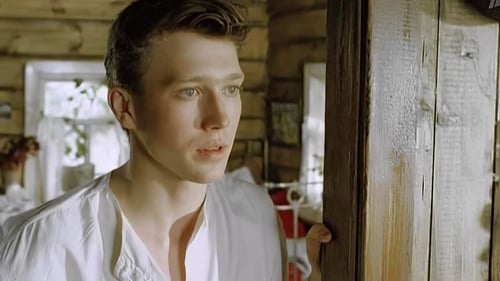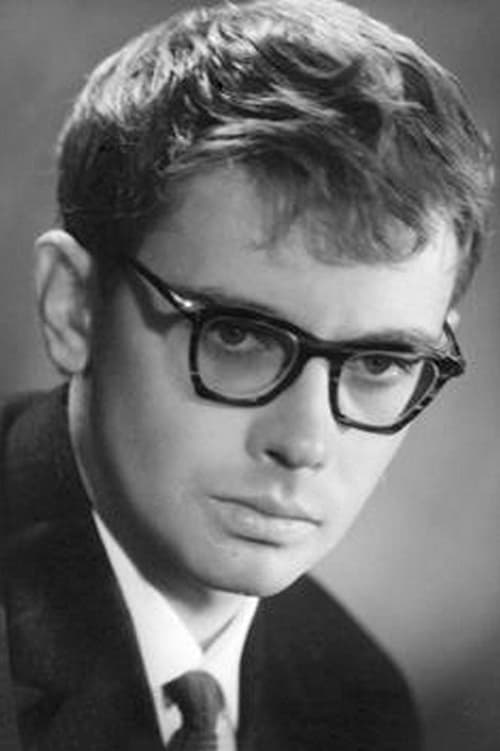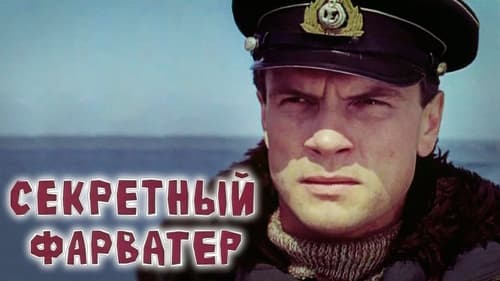Ballad of Old Weapons (1986)
Genre : War, Drama
Runtime : 1H 21M
Director : Gennadi Voronin
Synopsis
An old woman from Caucasian Mountains goes to the front line do give her sons weapons of their ancestors.

A story about two young men during the last days of WWII.

During World War II, оld Georgian peasant wine-grower Georgy leaves his Georgian village and goes off to the front line, hoping to find his son. George should see and transfer a lot of things, he becomes a soldier and only in the last days of war finds the son...

Russian prisoners of war commandeer a tank and lead the Nazis on a cross-country chase in this World War II adventure drama. The Russians use their own tanks so the Nazis can use them as target practice to test a new anti-tank weapon. Knowing that death is near, the brave Russians run amok and tear down German monuments before heading out to a field where female slave laborers are working.

Amateur actors read stories from a book describing the 900-day siege of Leningrad during World War II.

1939-1940 Finnish war. In the very first days, a group of female volunteers goes to the front. Young nurses and nurses in the hospital and on the front line selflessly help doctors to save the wounded soldiers, with weapons in their hands, take part in the fight against the enemy. In severe trials, the friendship and love of the film's characters is tempered and strengthened.

The screen story of four teenagers, on whom the horrors of war had left an indelible mark. Their relatives’ deaths and their yearning for fighting the Nazis led them, one way or another, to a sea cadet school that had been opened on Solovetski Islands at the start of the war. This film tells of men’s friendship, the boys’ first baptism of fire, and the victory…

Wartime, summer 1941. Train carrying criminals gets under enemy fire and crashed. Out of all of the living are only a young lieutenant of the NKVD and two prisoners - the thief and repressed Communist party worker.

"Iskra" is the codename for the plan of the operation of the Soviet troops to break the blockade of Leningrad. In January 1943, the blockade of Leningrad was broken. A corridor 8-11 km wide was formed between Lake Ladoga and the front line.

Spring, 1944. The Great Patriotic war. The German fascists are still in Sevastopol. A fierce combat is taking place there. At the same time in Yalta, which has already been freed, life goes on peacefully. People believe that the war has left them, that it is far away and no longer dangerous… But the torpedo motor-boat squadron stationed in Yalta is still having a hard time. Every day Soviet marines undertake dangerous sorties towards the German-occupied Sevastopol.

A story about few partisans hiding in the Belorussian woods and fighting German Army during WWII.

In June 1941, the Extraordinary Defense Headquarters of Leningrad, under the leadership of Zhdanov and Voroshilov, decided to build the Luga defensive line. Heavy fighting west of Pskov forced units of the front to withdraw, and on July 9, Pskov was also abandoned. The battles in the Luga direction held back the enemy. The first attacks of the Germans, intending to cross the Luga line on the move, were repulsed with heavy losses for them.

An old woman from Caucasian Mountains goes to the front line do give her sons weapons of their ancestors.

A biopic about a Soviet general V. Gorbatov.

Before the attack on the village, captured by the Nazis, the commander decides to carry out a distraction — a concert of the front-line brigade of artists. Chef Antosha Rybkin is assigned to play the role of... a German corporal. Dressed in an enemy uniform, he gets to the rear of the enemy and helps his liberate the village.

Autumn 1941. German tank troops are making another attempt to break through to the Uritsk and Pulkovo Heights.
During heavy fighting, Soviet troops managed to stop the offensive of fascist tanks one and a half kilometers south of the Pulkovo Observatory. The 900 days of the blockade and the incredible courage of the Soviet people were approaching ...

This communist history film recalls the heroism of Soviet soldiers fighting the Nazis in World War II. Forty of the 236 cameramen used for the feature were killed during their mission filming the Red Army.

From the start, Vertov made himself known as an irreconcilable enemy of “acted films,” which he regarded as a violation of truth. At the peak of World War II, however, such lofty artistic principles proved impractical. Vertov’s poetic and patriotic For You, Front! is a fiction film with a script and two actors. In a letter to her fiancé, a soldier on the front, Saule asks if there is anything he needs from “our beloved Kazakhstan.” Yes there is, he replies: lead, which can be used to make bullets to kill the enemies of “our beloved country.”

















